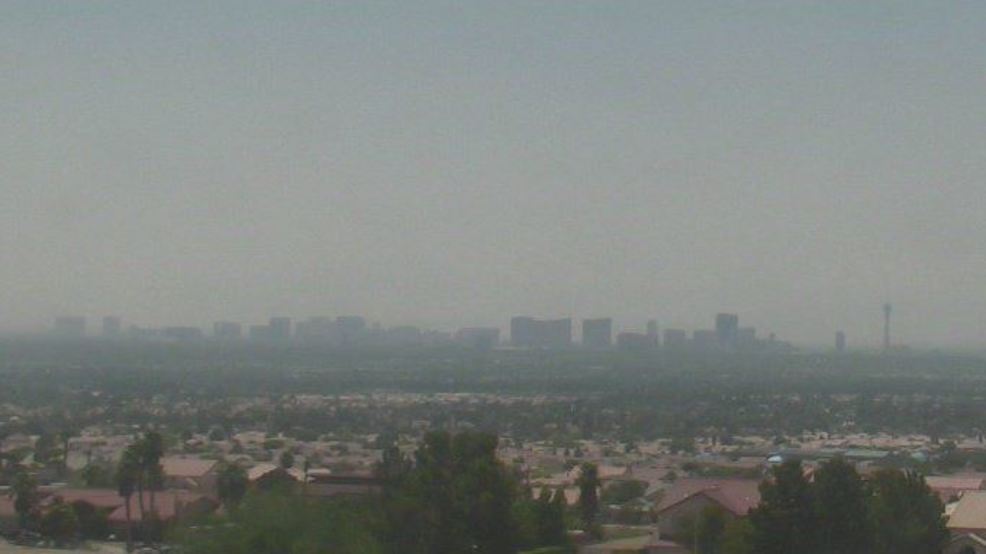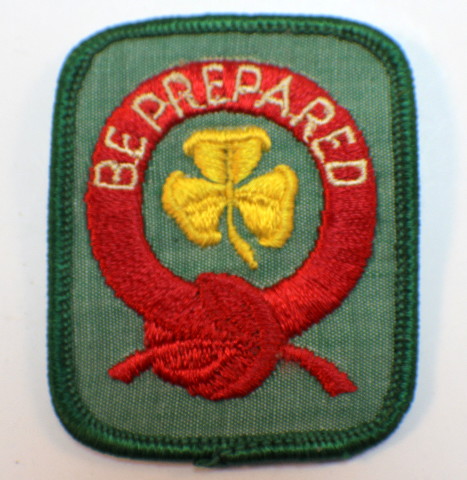
A view from the east bench taken about 1 p.m. Sunday, Aug. 5, 2018, shows ozone-heavy skies in the Las Vegas valley. (Kevin Janison | KSNV)
One of my most favorite readers sent me an article last week about air filters—one of those 10 tips articles that someone writes who doesn’t know anything about the subject. She thought I should write something on this topic, so here I am.
I agree that during a crisis—whether it be a fire, nuclear attack,or any calamity—outdoor air could be compromised. And last summer I had that experience first hand when I was mere miles from the Sonoma County Firestorm. I had to leave my home in the middle of the night and go to the beach to breathe, just a few nights after I arrived in California.
And now here we are in fire season again in California. At the moment we are fine. But you never know when there will be smoke or where it will go.
The photo above was taken Sunday afternoon in Las Vegas—445 miles as the crow flies.
When the smoke arrives, it’s too late to get an air filter.
 I was a Girl Scout when I was younger. And the Girl Scout motto is “Be Prepared.” The idea is, obviously, if you learn what to do in life or in an emergency before it happens, you’ll suffer less, or you may not suffer at all.
I was a Girl Scout when I was younger. And the Girl Scout motto is “Be Prepared.” The idea is, obviously, if you learn what to do in life or in an emergency before it happens, you’ll suffer less, or you may not suffer at all.
Air filtration is just one of those things you just need to be prepared for.
And you only have seconds to get air filtration going when you need it most:
- Between 30-180 seconds of oxygen deprivation, you may lose consciousness.
- At the one-minute mark, brain cells begin dying.
- At three minutes, neurons suffer more extensive damage, and lasting brain damage becomes more likely.
- At five minutes, death becomes imminent.
- At 10 minutes, even if the brain remains alive, a coma and lasting brain damage are almost inevitable.
- At 15 minutes, survival becomes nearly impossible.
AIR IS THE MOST ESSENTIAL THING TO LIFE
Q&A: The Greatest Danger to Firefighters Isn’t the Fire—It’s Cancer from Toxic Smoke




